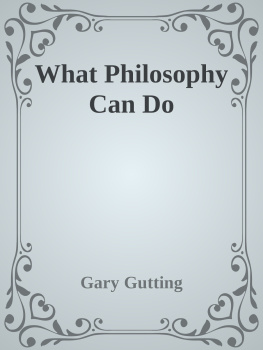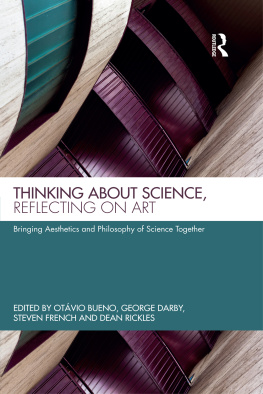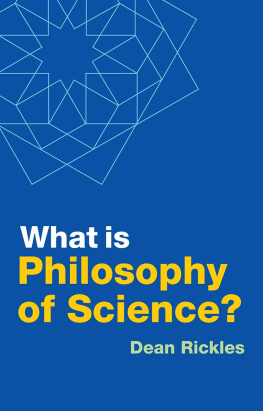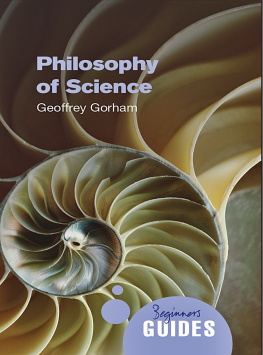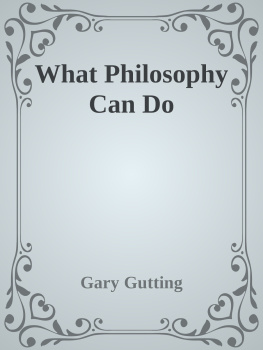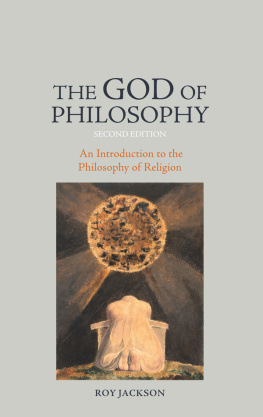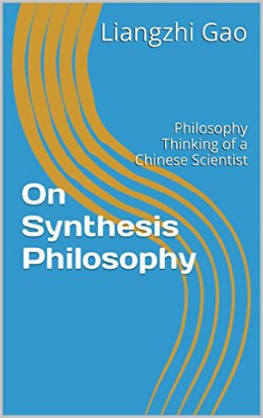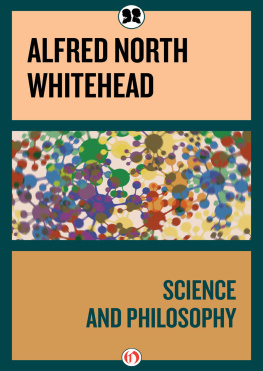Gutting - What Philosophy Can Do
Here you can read online Gutting - What Philosophy Can Do full text of the book (entire story) in english for free. Download pdf and epub, get meaning, cover and reviews about this ebook. City: New York, year: 2016;2015, publisher: W. W. Norton & Company, genre: Politics. Description of the work, (preface) as well as reviews are available. Best literature library LitArk.com created for fans of good reading and offers a wide selection of genres:
Romance novel
Science fiction
Adventure
Detective
Science
History
Home and family
Prose
Art
Politics
Computer
Non-fiction
Religion
Business
Children
Humor
Choose a favorite category and find really read worthwhile books. Enjoy immersion in the world of imagination, feel the emotions of the characters or learn something new for yourself, make an fascinating discovery.
What Philosophy Can Do: summary, description and annotation
We offer to read an annotation, description, summary or preface (depends on what the author of the book "What Philosophy Can Do" wrote himself). If you haven't found the necessary information about the book — write in the comments, we will try to find it.
What Philosophy Can Do — read online for free the complete book (whole text) full work
Below is the text of the book, divided by pages. System saving the place of the last page read, allows you to conveniently read the book "What Philosophy Can Do" online for free, without having to search again every time where you left off. Put a bookmark, and you can go to the page where you finished reading at any time.
Font size:
Interval:
Bookmark:
W HAT
P HILOSOPHY
C AN D O
Gary Gutting

To Anastasia
For all these wonderful years together
C ONTENTS
The essays in this volume derive from shorter pieces Ive written over the last several years for The Stone, the New York Times philosophy blog. Each piece had tens of thousands of readers. Typically there were hundreds of responses, many leading me to clarify, develop, and revise my thinking. Often my columns were highly topicalone group, for example, gave my take on various aspects of the 2012 presidential election. The essays here are much longer, treating similar issues but with more generality, depth, and detail.
Here, as in The Stone, Im writing for non-philosophers, but my writing is philosophical in its emphasis on conceptual clarity and careful argument. I introduce technical concepts and distinctions not for their own sake but to illuminate the issues at hand. There is no need to have a philosophers specialized training to profit from the application of philosophical ideas to a specific topic.
Philosophy today is an academic disciplinelike physics, biology, or economicsand we professors of philosophy write mostly for one another. The exceptions are usually textbooks, meant to introduce students to the discipline, or popularizations designed to give laypeople a rough sense of whats going on in otherwise inaccessible technical discussions. My project, however, is not to bring the public into the halls of philosophy but to bring philosophy into the public arena.
I think of what Im doing as public philosophy, which is both an application of and a complement to the more technical and specialized work of academic philosophers. Academic philosophy remains an autonomous discipline with its own problems, terminology, and standards of rigor. Public philosophy draws on academic work to tackle issues of general interest. At the same time, public philosophizing keeps its academic sibling in contact with the concrete human world, which is both the source of all philosophical questions and an important standard for judging answers to them.
Public philosophy does not offer ivory-tower solutions to real-life problems. The give-and-take of public discussion tests philosophical thinking as much as it contributes to public understanding. Scientific theories, no matter how well confirmed in the laboratory, are further supportedand sometimes modifiedby practical applications. Similarly, public engagement both tests and improves philosophical ideas.
In these essays, I often put forward my views on disputed topics. But I am at least equally concerned with laying out issues and introducing considerations that people of differing opinions can use to think through, and perhaps refine and better defend, their own positions. An argument, in my book, is not a bludgeon to beat opponents into submission but a tool for intellectual development.
Those with particular interests will find that each chapter can be read independently. Readers who opt for a beginning-to-end approach will find that the book takes them through successively more extended and complex exercises in philosophical thinking. My goal is both to engage readers with major issues of public concern and to introduce them to the tools of philosophical thinking.
Each chapter presents philosophical principles, concepts, and distinctions that guide the discussion. (How to Argue about Politics) uses political disputes as an example to develop techniques for good thinking, techniques that will also apply in many other contexts.
The next six chapters focus on three of the most powerful forces in our society: science, religion, and capitalism. I employ relevant philosophical tools to make each force an object of critical reflectionwhere critical means not negative criticism or refutation but rather a careful assessment of value and limitations.
(Philosophy and the Limits of Science) covers a variety of philosophical issues that have attracted the attention of scientists and shows the problems that arise from not using philosophical resources in discussing these issues.
(The New Atheists) moves to a higher level of philosophical reflection, treating in considerable detail a single central question of the philosophy of religion: whether belief in God is rational. Here we see how to carry out a detailed analysis and critique of a philosophical position (in this case, that of the new atheists).
(Religious Agnosticism) moves to the constructive task of developing and defending a positive view of how religious belief can be rational. Here I particularly emphasize that although I am putting forward my own views, the primary purpose is to provide readers with the philosophical tools needed to discuss religious belief and to illustrate what is involved in a sustained philosophical discussion.
(Education in a Capitalist Society) treat what initially seem very different topics: the nature of happiness, the value of work, the morality of capitalism, and the purpose of education. Our discussion shows how these topics are interrelated and combines them into an overall picture of what is involved in a good life. The result is a detailed illustration of philosophys power of intellectual synthesis.
The next two chapters reverse direction, each showing what philosophy can contribute to a very specific public debate. (Can We Stop Fighting about Abortion?) the morality of abortion. These chapters will give readers a sense of what the back-and-forth arguments of academic philosophers are like and how public debates can directly profit from philosophers expertise.
Finally, (What Philosophy Can Do) develops a general account of philosophical thinking by reflecting on some key moments in the history of philosophy. It then uses a distinction (introduced by the twentieth-century American philosopher Wilfrid Sellars) between the manifest image (the world of everyday objects) and the scientific image (the world of molecules and atoms) to clarify philosophys role in contemporary thought.
At the beginning of each chapter (or for , at the beginning of subsections), I give a schematic overview of the main philosophical toolsconcepts, distinctions, and principlesthe chapter will employ. These italicized introductions should allow readers to note the philosophical tools that guide each chapter and to track the increasingly complex role philosophy plays.
W HAT
P HILOSOPHY
C AN D O
T aking examples from recent political debates, this chapter explains and illustrates important logical principles and distinctions needed for effective argumentation. We first distinguish between real and bogus arguments and then discuss and illustrate the Principle of Charity, which shows how fairness to opponents can make arguments more compelling. Next, we examine the distinction between deductive and inductive arguments, and, regarding inductive arguments, explore the essential but often neglected Principle of Relevant Evidence.
The following section introduces the notion of convictions (and the related notion of pictures). Both concepts will have major roles in later chapters. Reflection on the part convictions play in arguments will lead to an important distinction between what is logical and what is rational.
Two further sections explore arguments between people who are equally competent on a given topic (epistemic peers), leading to a distinction between freedom of thought and correctness of thought, and an analysis of the logic of disagreement. Finally, we consider the value of arguments that fail to convince anyone else, formulating a
Next pageFont size:
Interval:
Bookmark:
Similar books «What Philosophy Can Do»
Look at similar books to What Philosophy Can Do. We have selected literature similar in name and meaning in the hope of providing readers with more options to find new, interesting, not yet read works.
Discussion, reviews of the book What Philosophy Can Do and just readers' own opinions. Leave your comments, write what you think about the work, its meaning or the main characters. Specify what exactly you liked and what you didn't like, and why you think so.

